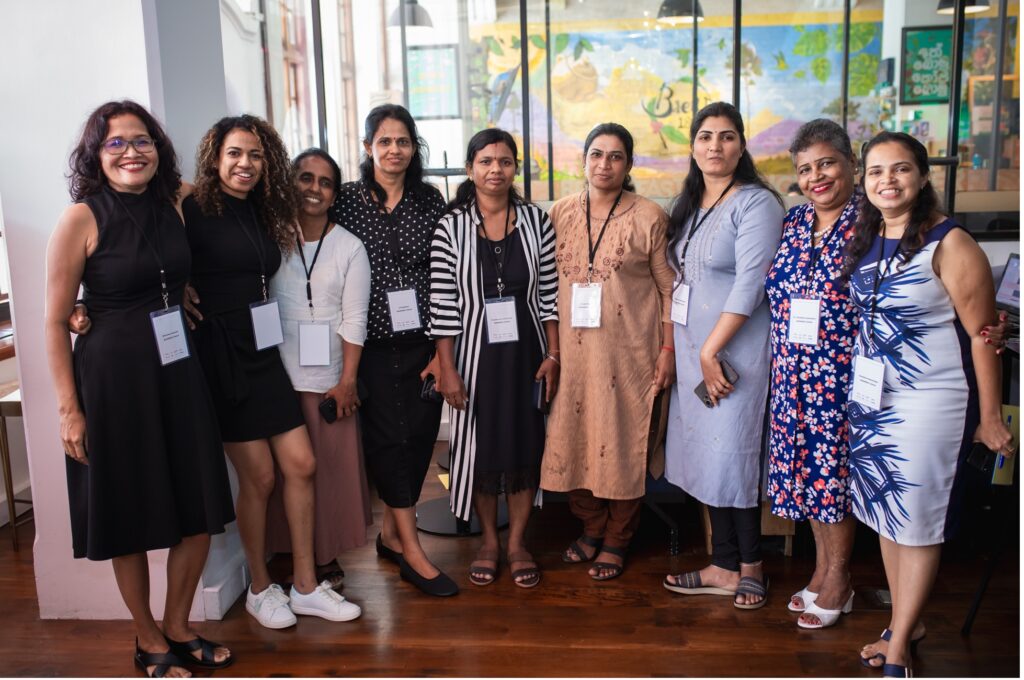Ceylon Chamber and MDF Partner to Empower Women Business Development Coaches
Summary
The Ceylon Chamber of Commerce, in collaboration with MDF Training & Consultancy, successfully concluded a Training of Trainers (ToT) programme aimed at enhancing the capabilities of women business development coaches in Sri Lanka. Titled “Building the Capacity of Women Business […]
The Ceylon Chamber of Commerce, in collaboration with MDF Training & Consultancy, successfully concluded a Training of Trainers (ToT) programme aimed at enhancing the capabilities of women business development coaches in Sri Lanka. Titled “Building the Capacity of Women Business Development Coaches in Sri Lanka,” the programme was conducted in two intensive sessions, with 30 selected coaches participating.
Speaking on the training, Zoe Lawson, Project Manager, MDF Training & Consultancy stated “There is a need to close the USD 17 billion financing gap for women owned SMEs in Sri Lanka and the gender gap in employment and entrepreneurship in Sri Lanka. Alongside bank loan schemes, tailored coaching and business planning can help to make technical and financial support mechanisms successful”.
This initiative is part of a broader strategy to cultivate a dynamic network of women trainers who can support and mentor women entrepreneurs, thereby strengthening the entrepreneurial ecosystem in Sri Lanka. The comprehensive training covered topics such as women’s entrepreneurship, e-commerce, environmentally sustainable businesses, digital marketing, and business coaching skills.
Women entrepreneurs often face significant challenges, including limited access to resources, networks, and mentorship opportunities. This programme addresses these gaps by building a robust network of capable women business coaches who can provide women entrepreneurs with the tools, knowledge, and support they need to thrive.
The Ceylon Chamber will leverage these trained coaches to organise additional business coaching sessions specifically for women, thereby fostering a self-sustaining cycle of empowerment and development.
Women’s economic participation in Sri Lanka remains below potential, with female labour force participation at far lower rates than male participation, and the number of female entrepreneurs in the SME sector being similarly low. Initiatives such as these contribute to bridging the gender gap in the workforce and promoting gender inclusivity and women’s economic empowerment in Sri Lanka.
ENDS

Photo Caption- Participants of the Training